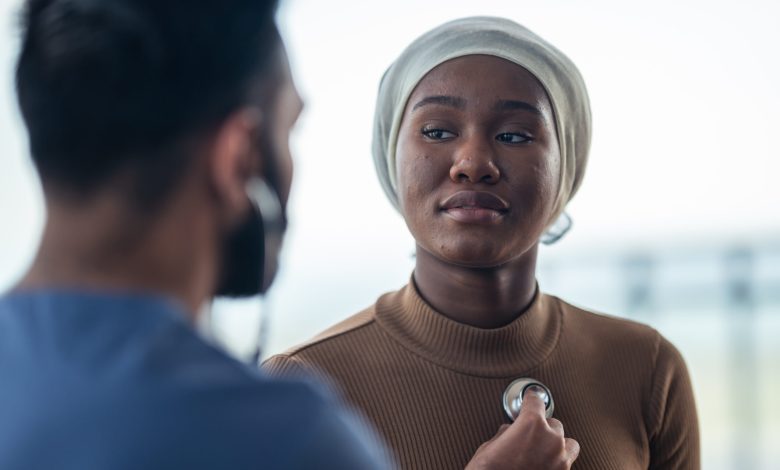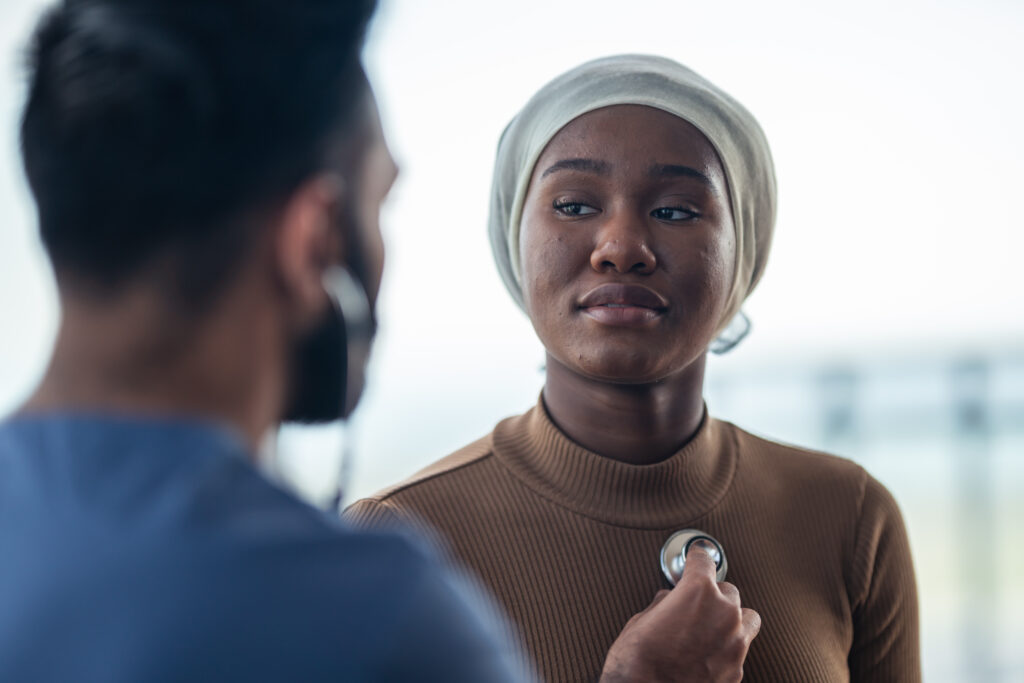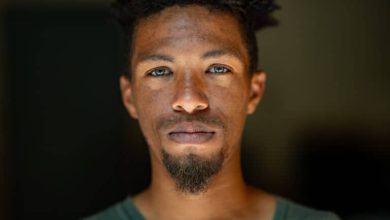What Black Cancer Patients Should Know About Heart Damage After Treatment – BlackDoctor.org


As a cardiologist specializing in cardio-oncology, one of my primary goals is to ensure cancer patients and survivors understand and minimize their risk of heart disease throughout and after their treatment journey. Heart disease and cancer are tragically the two leading causes of death in the United States. While cancer treatment continues advancing to improve survival rates, many of these life-prolonging therapies also carry a risk of cardiovascular toxicity and long-term heart damage.
For cancer patients, the threat of developing heart problems can sometimes get overshadowed by the initial diagnosis and overwhelming flurry of appointments, scans, and treatment plans. The mind naturally turns to existential fears and worries over survivorship. In these moments, thinking about potential downstream effects like cardiotoxicity may not be top of mind. This is why it’s so crucial for patients to have a close advocate—a caregiver, family member or friend—who can attend appointments, ask questions the patient may not consider, and ensure they understand all aspects of their treatment’s impact, both in the near and long-term.
When it comes to cancer therapies that increase cardiovascular risk, some major culprits are anthracyclines like doxorubicin, anti-HER2 drugs like trastuzumab, anti-VEGF agents, radiation to the chest area, BTK inhibitors, and the newer immunotherapies. Each of these can potentially lead to issues like heart failure, hypertension, arrhythmias, blood clots, pericarditis, valve problems and even a dangerous condition called myocarditis (inflammation of the heart muscle) in some cases.
While clinical trials are ongoing to evaluate protective medications, the reality is that preventing and managing heart disease in cancer patients requires a personalized, multi-disciplinary approach considering the specific cancer type, location, treatments used, doses, duration, combined therapies and the patient’s overall cardiac risk profile. There is no one-size-fits-all solution, which makes open communication between patients, oncologists, cardiologists and the full care team absolutely vital.
Of particular concern in my field is the new, growing population of cancer patients who have advanced, metastatic disease that is being managed as a chronic condition through continual or cyclical regimens of various systemic therapies over many years. For these persistent cancer survivors, the ongoing exposure to potentially cardiotoxic therapies amplifies their risk of heart damage over time, since the heart lacks the regenerative abilities of other organs and can only tolerate so much stress and toxicity before faltering.
My advice to all cancer patients and survivors is this: advocate for yourself, but don’t go it alone. Bring a close loved one into your circle of care. Assemble your multi-disciplinary team, including a cardiologist and cardio-oncologist if you have access to those specialized experts. Ask questions not just about fighting your cancer, but about protecting your heart and overall health through lifestyle behaviors, cardiac monitoring and preventative therapies throughout your treatment journey.
Be proactive, because the impressive strides we’ve made in extending lives through advanced cancer care must be coupled with safeguarding cardiovascular well-being in the years ahead. You fought hard to survive cancer—protecting your heart health will allow you to live fully after.
Dr. Tochukwu Okwuosa is a Professor and Director of the Cardio-Oncology Program at Rush University Medical Center in Chicago, IL. She earned her medical degree from the Philadelphia College of Osteopathic Medicine and completed her Internal Medicine and Cardiology training at the University of Chicago. Dr. Okwuosa’s primary research interests lie in the areas of Cardio-Oncology and Cardiovascular Disease Prevention. She actively participates in multiple locoregional and national Cardiology/Cardio-Oncology committees and boards, serves as an Associate Editor for the Journal of the American Heart Association, and is the Immediate Past Chair of the American Heart Association’s Cardio-Oncology sub-Committee.
by




